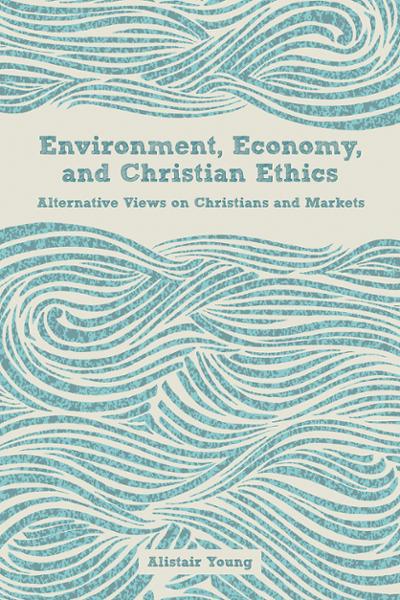Environment, Economy, and Christian Ethics: Alternative Views on Christians and Markets
What is to be done about the damaging impact of economic activity on the environment? In recent years, there has been growing debate over this question. This book, by an economist, urges Christians to support strong governmental and intergovernmental action to improve the workings of existing global economic systems so as to provide adequate environmental protection. As such, it draws on the tradition of mainstream environmental economics and on recent developments in “ecological economics.” But it acknowledges that environmental policy raises important ethical and theological issues often briefly or inadequately covered within economic literature: ethically responsible attitudes to uncertainty, inequality within and between generations, the rights of traditional communities, and the obligation to respect nonhuman elements within creation. To such issues, theologians of various persuasions have in the past paid more attention than economists.
At the same time, theologians have not always shown awareness of the likely economic consequences of their own proposals. In particular, some have been reluctant to acknowledge the role of market failure in causing environmental problems, while others are too eager to get rid of markets altogether. This book tries to develop sound ethical foundations for environmental policy, while providing concrete perspective on economic realities.
At the same time, theologians have not always shown awareness of the likely economic consequences of their own proposals. In particular, some have been reluctant to acknowledge the role of market failure in causing environmental problems, while others are too eager to get rid of markets altogether. This book tries to develop sound ethical foundations for environmental policy, while providing concrete perspective on economic realities.
- This item is not returnable
- Ships in 2 or more weeks
-
Quantity discount
- # of Items Price
- 1 to 9$39.00
- 10 or more$29.25
$39.00
